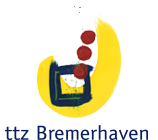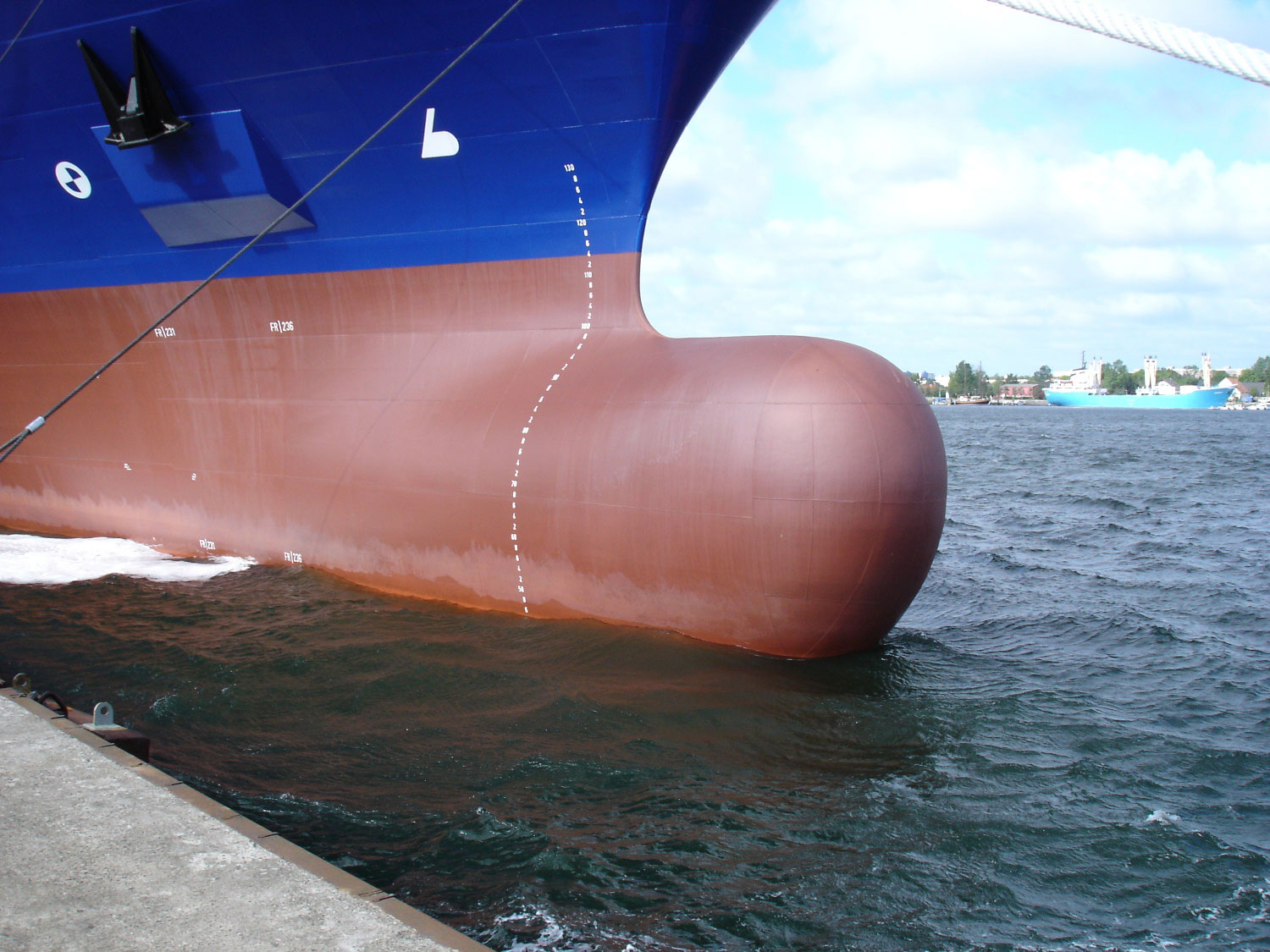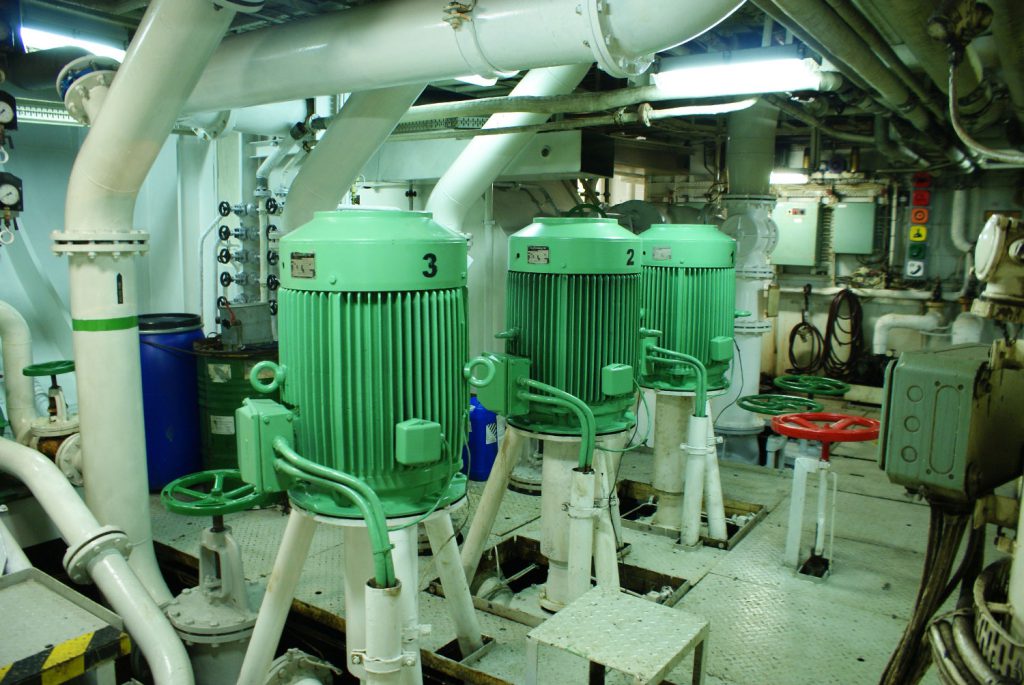UV Ballast Water Workshop on 22nd November 2011 in Hamburg
The German Bundesamt für Seeschifffahrt und Hydrographie (BSH), research provider ttz Bremerhaven and the International Ultraviolet Association (IUVA) are together organizing a Ballast Water Workshop with a focus on the use of UV light for water treatment. On 22nd November 2011, international experts and representatives from industry will meet in Hamburg, Germany. The event will seek to answer the most pressing questions and issues raised by the UV treatment of ballast water, as well as presenting latest developments and perspectives in this field.
Bremerhaven, November 2011. The transfer of species in ballast water began as early as the start of the shipping trade itself. The movement of ballast water (BW) in ships across the globe is responsible for the settlement of about 100 million tons of sediment. Its cleaning and the disposal of the ballast sludge produced involve enormous costs. Apart from these economic aspects, BW has been identified as a major vector for the translocation of aquatic species across bio-geographical boundaries.
Scientists regard treatment technologies (e.g. UV, filters and electrolysis) in a self-controlled BW treatment system as the way forward. Ballast water treatment by means of UV radiation has attracted considerable interest in recent years. The industry has acknowledged that it can contribute to a more efficient and sustainable maritime sector, amongst others due to the absence of hazardous chemicals in the process.
The growth of UV systems as a treatment method for ballast water, which is substantiated by the increasing number of applications for type approval, either as main component or integrated in a combined technical solution, raises questions on such topics as design and installation, control and monitoring approaches, as well as the research and testing required to address the requirements of end users and the type approval procedure. The UV Ballast Water Workshop on 22nd November 2011 in Hamburg aims to bring together an audience of experts in all related fields in order to discuss, amongst others, the following questions:
- What UV dose is required for the treatment of ballast water in light of a large variety of different organisms targeted for disinfection?
- What are the typical installation requirements in terms of space, energy demand, pipelines, etc. and what experience with installations has already been made?
- What are the typical control strategies?
- What technologies are typically used for cleaning? What is the experience with mechanical cleaning, chemical cleaning, etc. on board ships?
- What is the difference for UV systems between seawater and fresh water treatment?
The event will include presentations by experts in various fields as well as a final podium discussion, which will enable speakers and the audience to exchange knowledge and contribute to advancement in the sector.
If you are interested in the UV Ballast Water Workshop and due to the limited number of places available at the venue, please register well in advance via the following link: https://fd8.formdesk.com/iuva/uvballastwaterworkshop
Location: Hotel Hafen Hamburg, Seewartenstraße 9, 20459 Hamburg
Further information on this event:
- Programme and IUVA homepage
- Registration form
- Project description: BaWaPla
- Press Release: Ballast water cleaning protects domestic ecological systems
Press pictures for editorial use (foto: ttz/pr)
Picture 1:
The movement of ballast water in ships across the globe is responsible for the settlement of about 100 million tons of sediment.
Picture 2:
Scientists regard treatment technologies in a self-controlled BW treatment system as the way forward. Ballast water treatment by means of UV radiation has attracted considerable interest in recent years.
Download with right mouse button: “Save as…”
ttz Bremerhaven is an innovative provider of research services and operates in the field of application-oriented research and development. Under the umbrella of ttz Bremerhaven, an international team of experts is working in the areas of food, environment and health.






